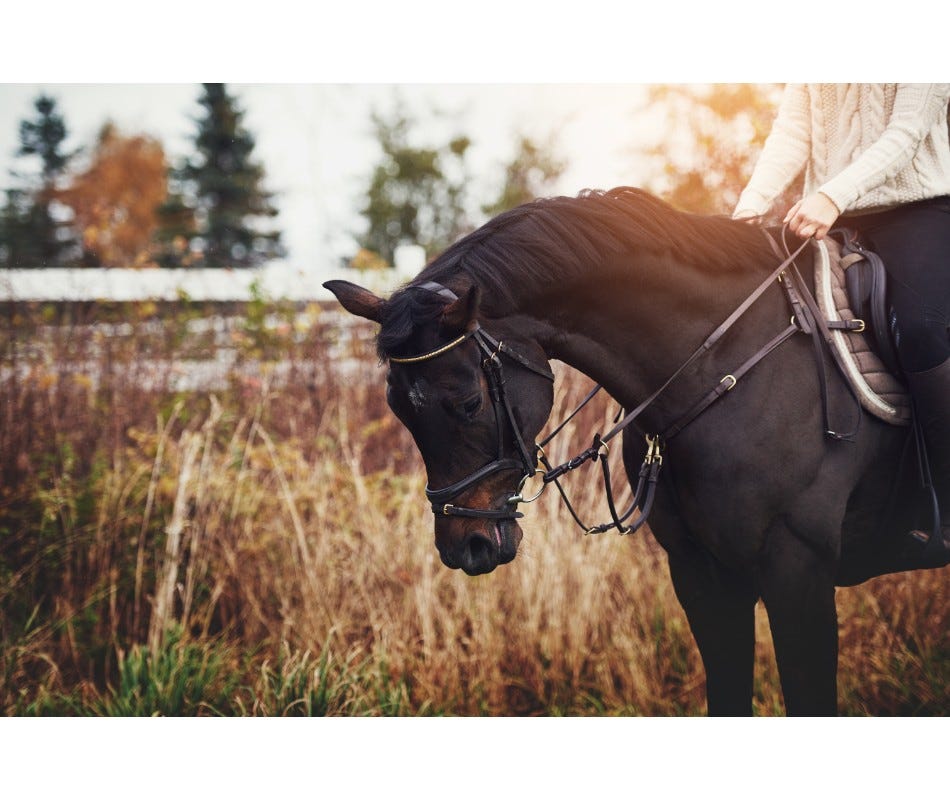We use cookies to make your experience better. To comply with the new e-Privacy directive, we need to ask for your consent to set the cookies. Learn more
Effective Horse Ulcer Prevention with Help from Omeprazole
Ulcer Prevention
Recent studies on equine digestive ulcers have revealed that a huge percentage of performance horses either suffer from stomach ulcers or colonic ulcers. It is also astonishing to discover that about 90% of horses trained for racing and 60% of different types of performance horses have ulcers. The new research may have revealed that stress from traveling and stabling could lead to digestive ulcers even in horses placed on the backyard.
Horses that suffer from digestive ulcers can be very subtle when it comes to exhibiting signs. They could be cranky and oversensitive at times if you attempt to tighten the cinch. They could even have unpredictable behavior or they may suffer from intermittent colic as well.

To help prevent the development of ulcers in horses, it might be great if you provide as much time as possible for free grazing. After all, a horse can achieve the perfect healthy state whenever they stay in their natural habitat. A useful tip is to always feed your horses small meals but make it as frequent as possible instead of feeding them large meal quantities for only one or two times each day. Doing this allows the horse to have a feel of natural grazing and this could also help with proper digestion.
There are many ways on how to treat horse ulcers. The primary concern is that ulceration may likely recur if there is no change in the environment and there is no improvement in keeping horses away from stressful situations. If a horse is subjected to stress from training, breeding, and the like, the best thing you can do is to give your horse the health support that it needs.
Omeprazole is the best choice for treating equine ulcers
The drug Omeprazole is the best choice for treating equine ulcers. It works by controlling the production of acid in the stomach, which is mostly the reason why ulcers develop. Most horse owners choose equine Omeprazole because it allows training to resume even when the horse is still on therapy. Treating horse ulcers with this drug can be expensive because it does not involve a one-day regimen; you need about 28 days to ensure that the horse can be completely healed.








Validate your login